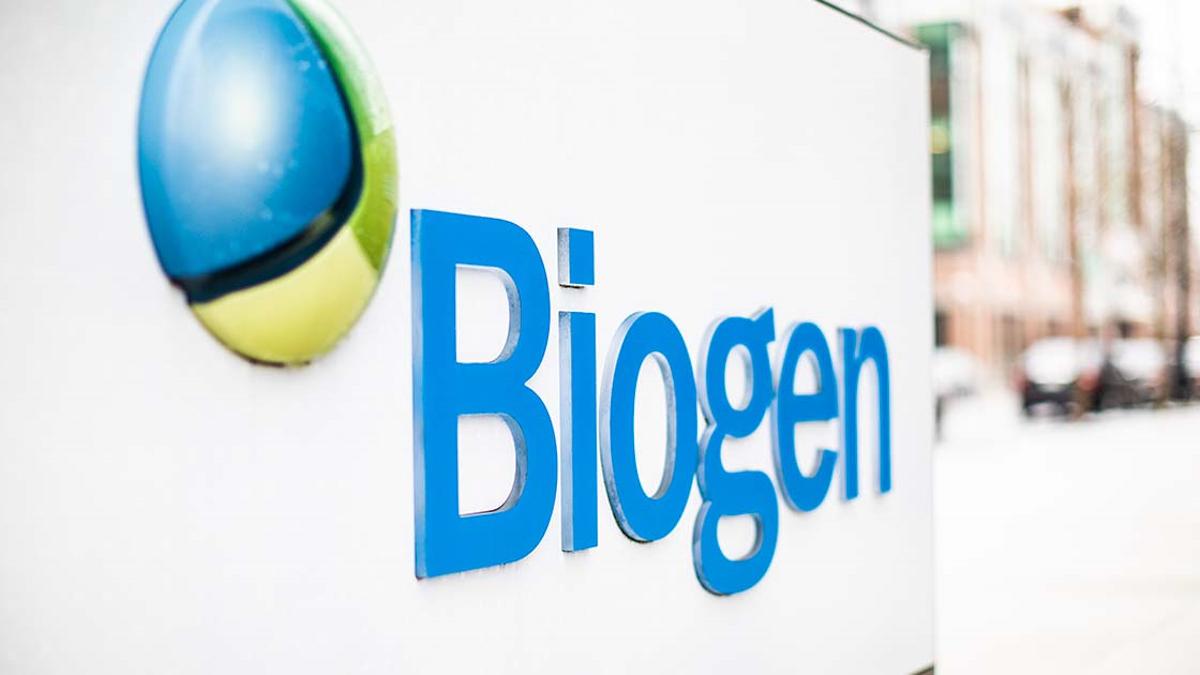Biogen shows its IgAN hand with felzartamab data

Biogen has revealed encouraging phase 2 results with its anti-CD38 antibody felzartamab in rare kidney disease IgA nephropathy (IgAN), which it hopes could join a series of first-in-class therapies for the disorder.
Data reported at the Kidney Week 2024 congress in San Diego showed that felzartamab was able to achieve "substantial" reductions in proteinuria and stabilised kidney function in the 54-subject IGNAZ study that extended for 18 months after the last dose of the antibody.
In the study, patients received a nine-dose regimen of felzartamab over a six-month treatment period, with proteinuria levels reduced by 50% after two years of follow-up, with estimated glomerular filtration rate (eGFR) levels maintained over that period.
The results are an early endorsement of Biogen's recent $1.8 billion buyout of Human Immunology Biosciences (HI-Bio), part of a pivot towards immunology programmes to complement its focus on neurosciences, which brought felzartamab into its pipeline.
The drug is also in mid-stage clinical trials for primary membranous nephropathy (PMN) and antibody-mediated transplant rejection and is in phase 1 for lupus nephritis.
According to the American Society of Nephrology (ASN), IgAN is an autoimmune kidney disease driven by immune cells that express a protein called CD38 on their surface. It is thought that CD38-expressing cells contribute to disease through the secretion of antibodies that subsequently form immune complexes that deposit in the kidneys and cause inflammation and loss of kidney function.
Felzartamab's mode of action is to deplete those antibody-secreting cells, reducing the cellular drivers of disease, and could provide a durable clinical benefit with intermittent dosing, "potentially lowering patient burden and offering improved tolerability," according to Biogen.
IgAN is a leading cause of kidney failure, affecting around 130,000 people in the US and another 115,000 in Europe.
In 2021, Calliditas Therapeutics' corticosteroid-based Tarpeyo (budesonide) became the first FDA-approved therapy for the disease. Last year it was joined by Travere Therapeutics' endothelin antagonist Filspari (sparsentan) and a few weeks ago by Novartis' oral complement factor B inhibitor Fabhalta (iptacopan).
Meanwhile, a raft of other potential therapies for IgAN are coming through the industry pipeline, including APRIL-targeting antibodies from Novartis and Otsuka.
"We are encouraged by the overall results of the IGNAZ study, especially given the significant unmet medical need for additional treatments to address high-risk IgA nephropathy," commented Uptal Patel, head of development of HI-Bio at Biogen.
Biogen is now planning to advance felzartamab into a phase 3 programme.












